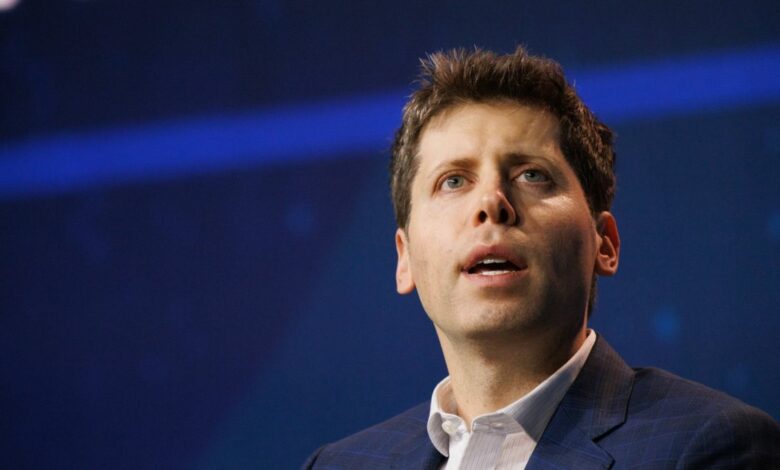If you think GPT-4o is something, wait until you see GPT-5 – a ‘significant leap forward’

OpenAI CEO Sam Altman offered a tantalizing glimpse into what people might expect from the long-awaited GPT-5 artificial intelligence model. He tried to balance optimism and caution in his remarks, but his take on the new model’s potential underscored his confidence that GPT-5 will be a substantial improvement over its predecessor, GPT-4, and won’t be plagued by intractable problems.
“I expect it to be a significant leap forward,” Altman said. “A lot of the things that GPT-4 gets wrong, you know, it can’t do much in terms of reasoning, sometimes it just goes completely off the rails and makes a stupid mistake, the kind of thing that even a six-year-old would never make.”
Altman compared the current state of AI technology to the early days of the iPhone, suggesting that while today’s models are useful, they’re still in the early stages of their potential. He pointed out that current AI models, including GPT-5, are relatively small compared to what future developments could bring.
Interestingly, Altman’s recent comments on model size mark a slight shift from his previous position. For those closely following Altman’s comments, it’s a sharp turn from when he suggested last year that the era of giant models was nearly over. Instead, he now apparently thinks that models are likely to continue to grow, driven by significant investment in computing power and energy.
Altman is confident that GPT-5 will address many of the shortcomings of GPT-4, particularly in the areas of reasoning and error prevention. However, Altman also stressed that while the development of GPT-5 is promising, there is still much work to be done. “We don’t know yet. We are optimistic, but we still have a lot of work to do.”

The big picture for large language models
Altman tackled some of the biggest controversies surrounding AI, most notably content licensing. He took the opportunity to boast about OpenAI’s approach, which includes agreements with publishers to license news content for ChatGPT in exchange for training data for its models. He contrasted this approach with that of companies like Google, which claim that AI-driven traffic benefits publishers — a claim he and many others view with skepticism.
Altman also tempered expectations of what AI means for the internet and the broader economy during the interview, suggesting that there won’t be a huge impact on internet usage while urging brand-new approaches to commerce.
“I think AI is going to change, maybe not super significantly, but somewhat significantly, the way people use the internet,” Altman said. “And as it does, you’re going to see some of the economic models of the past have to evolve, and I think that’s a broader conversation than just training data.”
Altman suggested that GPT-5 is just the beginning of a series of developments aimed at building more advanced and capable AI systems. The next few months will be crucial in determining whether GPT-5 can deliver on its promise of a significant leap forward, address the limitations of its predecessors, and pave the way for more advanced AI applications.




